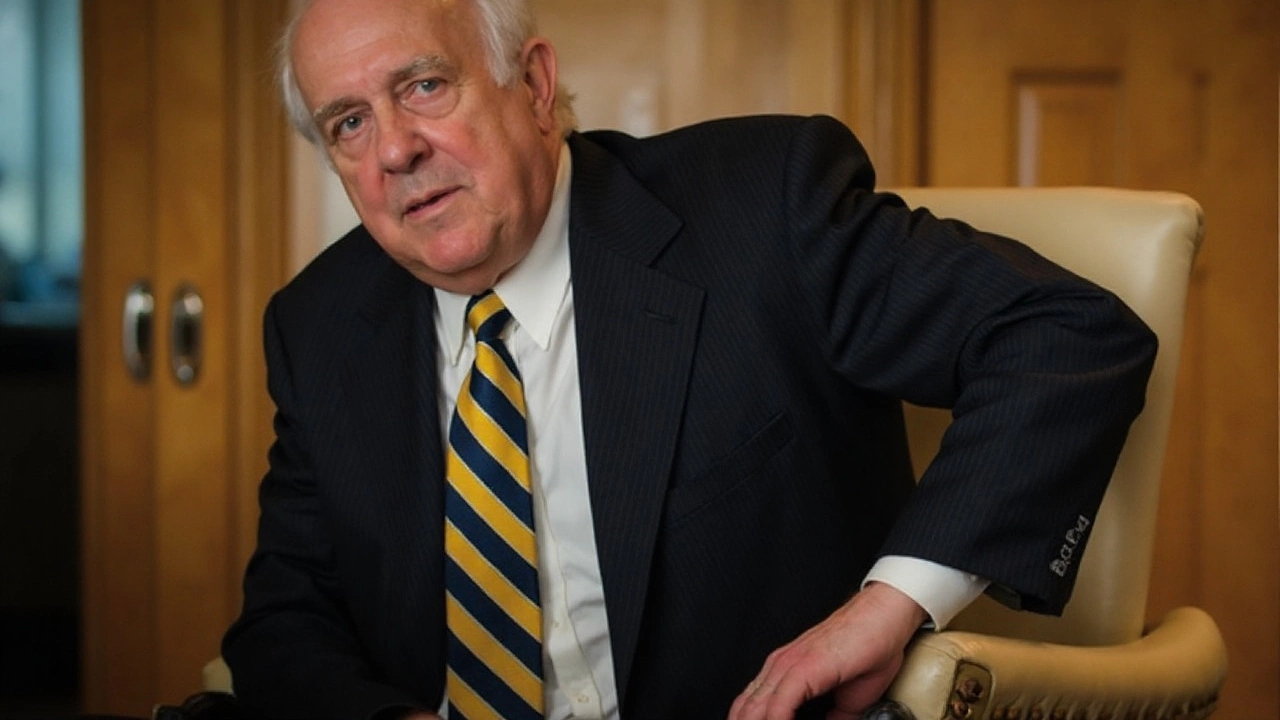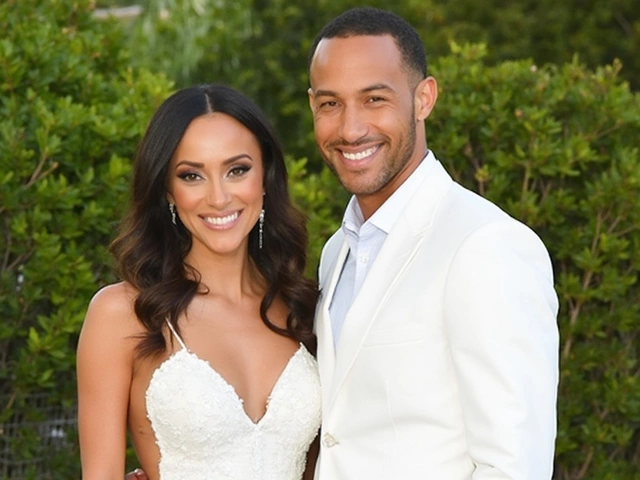He didn’t start acting on camera until his 60s. Then he became one of television’s most familiar wise men. Jerry Adler, the stage veteran who later embodied Herman “Hesh” Rabkin in The Sopranos and Howard Lyman in The Good Wife, died in his sleep on August 23, 2025, at his home in New York City, according to Riverside Memorial Chapel and a family representative. He was 96.
The family described a peaceful passing. There was no immediate word on services. For viewers who came to know him as Tony Soprano’s trusted adviser, or as the wry law partner in CBS’s legal drama, his death closes a singular American showbusiness story: a life built backstage, then reborn in front of the camera.
From Yiddish theater roots to Broadway’s engine room
Adler was born February 4, 1929, in Brooklyn, and raised in a Yiddish-speaking, observant Jewish home. Theater wasn’t a hobby in the Adler household; it was the family business. His father, Philip Adler, managed dozens of Broadway and touring productions from the 1930s through the 1960s and served as general manager of the Group Theatre collective, a nucleus of modern American acting. His great-uncle was the famed Yiddish star Jacob Pavlovich Adler. Stella Adler, the influential acting teacher, and actor Luther Adler were his cousins. The lineage ran deep.
He attended Samuel J. Tilden High School in Brooklyn and later Syracuse University, but his early career followed his father’s track: the mechanics of making shows run. Before most audiences saw his face, they saw his work. He logged backstage credits on 53 Broadway productions as a stage manager, producer, and director. Among them: the original My Fair Lady, Gentlemen Prefer Blondes, Seventeen, Of Thee I Sing, Moby Dick, and Annie. He wasn’t in the spotlight; he kept it aimed and steady.
The skills required there—timing, taste, triage—were the kind you only learn on the job. He spent nights solving crises no one in the audience ever knew existed. He marshaled unions, wrangled egos, and kept opening nights on schedule. The work was invisible by design, and he was very good at it.
In the 1980s, Adler left Broadway for California and television production, including a stint on the daytime soap Santa Barbara. Still, he felt boxed in. “I was really getting into the twilight of a mediocre career,” he told The New York Times in 1992—classic Adler understatement, barbed and self-aware. The turn came thanks to a family friend: casting director Donna Isaacson, who urged him to read for a small role as a newspaper columnist in The Public Eye, a 1992 Joe Pesci film.
He landed it. The camera liked him. More importantly, he liked the camera. The late start didn’t bother him; it animated him. He joked often about his looks and lineage—“I’m a creature of nepotism,” he told TheaterMania in 2015—and claimed he once thought he was “too goofy-looking” to act. Audiences disagreed.
A television second act that stuck
Once the door opened, Adler walked through and stayed. He moved from one smart supporting role to the next, the kind that quietly make shows feel lived-in. Then came the job that sealed his place in TV lore: Hesh Rabkin on The Sopranos.
Hesh was Tony Soprano’s friend and consigliere of a different stripe—no muscle, just history. A onetime music-business operator with deep ties to the old Newark scene, he stood a half-step outside the core family, free to speak hard truths when Tony needed perspective. Across six seasons, Adler’s steady presence gave the series an extra register: the voice of someone who’d seen the old ways up close and knew what they cost.
The role suited him. Adler carried an old New York cadence, the kind you hear between verses at a deli counter. He could land a joke without letting you see him wind up. More than that, he understood how to be still on camera. In a show famous for operatic bursts of violence, he offered calm—an unblinking look, a dry aside, a reminder that business, in the end, is about choices. That subtlety came from decades backstage, where the smallest adjustment can keep an entire production intact.
He didn’t get stuck in one part. On CBS’s The Good Wife, he played Howard Lyman, a veteran law firm partner who mixed charm with obliviousness, a man who could be both outdated and oddly endearing in the same beat. Adler carried the character into The Good Fight as well, adapting the rhythm of the role as the show got sharper and more political. He had a knack for matching the tone of the room.
His television range stretched wide. He was Mr. Wicker, the building maintenance man on Mad About You, a sturdy comic foil who knew more than he let on. He showed up as Sam Stewart, the father of Bob Saget’s character on Raising Dad. He played Fire Chief Sidney Feinberg on Rescue Me, Moshe Pfefferman on Transparent, and Saul Horowitz on Broad City, flipping between drama and comedy without breaking stride.
Film was part of the mix too. Adler appeared in Manhattan Murder Mystery (1993), The Public Eye, In Her Shoes, and Prime. On screen, he specialized in men who’d done a lot of living before you met them. Give him a few lines and a close-up, and he could sketch a past you felt even if you never heard it explained.
Broadway called him back, this time for the applause on the other side of the curtain. He returned to act in the 2000 production Taller Than a Dwarf and, 15 years later, joined Larry David’s Fish in the Dark. Those appearances closed a circle: the kid from a Yiddish theater dynasty, the backstage adult who kept stars on their marks, now taking his own bows.
In 2024, at 95, he published a memoir: Too Funny for Words: Backstage Tales from Broadway, Television and the Movies. The book gathered the kind of stories he told well—the delicate chaos of tech rehearsals, the unglamorous grind of daytime TV, the odd serenity of a set when everyone knows their job. It read like a workbench: tools laid out neatly, each with a purpose and a past.
What made Adler’s second act resonate was how ordinary it seemed on paper and how rare it is in practice. Industry veterans don’t often pivot into screen roles that stick. He did, and he did it by trusting the same instincts that made him indispensable backstage: preparation, timing, restraint. He knew how to let silence do the talking.
His career also traced a line through American entertainment—from Yiddish stages to Broadway’s golden-age musicals to prestige cable drama. You could see the heritage in his choices: respect the craft, don’t waste a beat, and serve the story. That’s the old Group Theatre ethic distilled, carried through decades, and adapted to a lens inches from his face.
Adler’s death lands differently for different audiences. Sopranos fans remember Hesh’s counsel, often delivered with a raised eyebrow and a cautious warning. Good Wife viewers recall the office politics and the soft edges that made Howard Lyman more than a punchline. Theater people remember the guy who ran a tight rehearsal and could read a room at a glance. All of those portraits add up to the same theme: he was a professional who made everyone around him better.
For those looking to revisit the work, there is plenty: six seasons of The Sopranos, years of The Good Wife and The Good Fight, a run of sitcom and drama guest spots, and a filmography sprinkled with New York moods and wry turns. It’s a catalog of characters who felt like they’d been there before the camera rolled and would go on living after the credits.
Adler is survived by his family, who asked for privacy as they grieve. They emphasized his peaceful passing and his long, full life in the arts. The rest—his reputation as a steady hand, his late-bloom glow on screen, the quiet authority he brought to every set—lives on in the work. If there was a secret, it was simple: listen, be ready, and when it’s your line, say it like you mean it.
- Born: February 4, 1929, Brooklyn, New York
- Died: August 23, 2025, New York City
- Family: Son of Broadway manager Philip Adler; great-nephew of Jacob P. Adler; cousin of Stella and Luther Adler
- Early career: Stage manager/producer/director on 53 Broadway productions, including My Fair Lady, Gentlemen Prefer Blondes, Seventeen, Of Thee I Sing, Moby Dick, Annie
- On-screen break: The Public Eye (1992), encouraged by casting director Donna Isaacson
- Signature roles: Hesh Rabkin (The Sopranos); Howard Lyman (The Good Wife/The Good Fight)
- Other TV: Mad About You; Raising Dad; Rescue Me; Transparent; Broad City
- Films: Manhattan Murder Mystery; The Public Eye; In Her Shoes; Prime
- Books: Too Funny for Words (2024)





